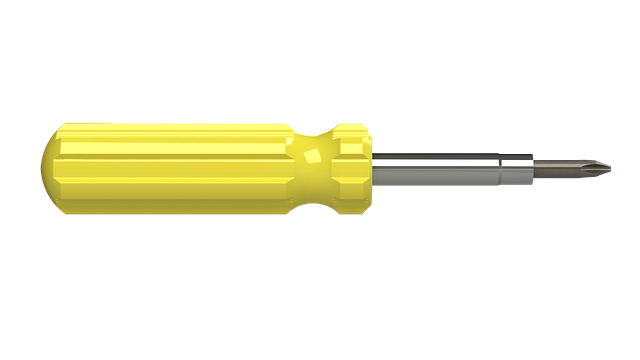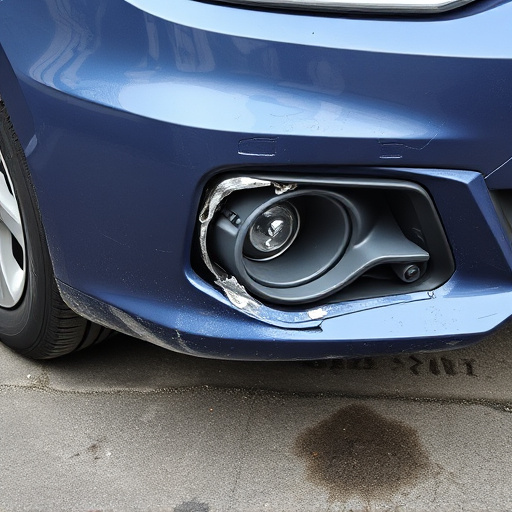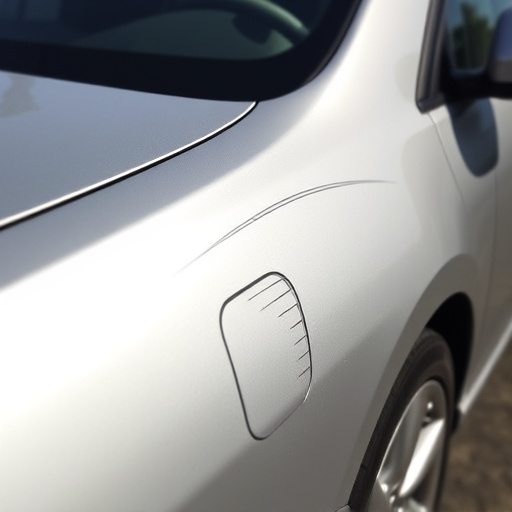Understanding and budgeting for structural damage repair costs involves assessing damage severity (minor vs. significant), location, material type, labor rates, contractor competition, permits, and specialized parts/techniques. Estimates range from $100-$500 per square foot for minor repairs to tens of thousands for major projects. Obtaining multiple professional estimates, prioritizing fixes by severity, setting a realistic budget, and researching in advance ensures fair pricing and quality solutions, comparable to collision repair for vehicles.
Curious about the financial commitment of structural damage repair? This comprehensive guide breaks down the average costs associated with fixing various structural issues, from foundation cracks to roof repairs. Understanding the factors influencing these expenses is crucial for effective budgeting and planning. By exploring common scenarios and expert tips, you’ll gain valuable insights into navigating the complexities of structural damage restoration, empowering you to make informed decisions.
- Understanding Structural Damage Repair Costs: Factors to Consider
- Average Expenses for Common Structural Repairs
- Budgeting and Planning: Tips for Effective Structural Damage Restoration
Understanding Structural Damage Repair Costs: Factors to Consider

Understanding Structural Damage Repair Costs: Factors to Consider
When it comes to structural damage repair, the cost can vary greatly depending on several factors. The extent of the damage is a primary determinant; minor issues like dented panels or cracked windshields may only require simple repairs such as vehicle paint repair or auto frame straightening, which are generally more affordable. In contrast, significant structural damages, including collapsed roofs or severely damaged chassis, demand extensive work akin to vehicle restoration and can be considerably more expensive.
Other considerations include the type of material used in the original construction, the complexity of the fix, labor rates in your area, and whether specialized equipment is needed. Older structures may require unique parts or techniques for repair, impacting the overall cost. Moreover, factors like location, market competition among contractors, and the need for permits also play a role. Being aware of these variables can help homeowners budget effectively and ensure they receive fair pricing for their structural damage repairs.
Average Expenses for Common Structural Repairs

The average expenses for common structural repairs can vary greatly depending on several factors, including the extent of damage, location, and chosen materials. According to recent estimates, minor structural repairs like fixing cracks in walls or foundations typically cost between $100 and $500 per square foot. For larger projects such as replacing entire sections of a structure or reinforcing beams, prices can soar into the tens of thousands of dollars.
When it comes to vehicles, auto painting and car paint repair are common areas for structural damage after an accident. Vehicle collision repair costs often depend on the make and model of the vehicle, with repairs ranging from a few hundred to several thousand dollars, depending on the severity of the collision and the extent of paint and body work required. These figures highlight the importance of seeking professional estimates for accurate budgeting when undertaking any structural damage repair, whether it’s for a home or a vehicle.
Budgeting and Planning: Tips for Effective Structural Damage Restoration

When budgeting for structural damage repair, it’s crucial to get a clear understanding of what needs fixing and the cost involved. Start by getting multiple estimates from reputable auto repair shops or specialists in structural damage restoration. This not only gives you a range of prices but also helps identify potential workarounds or areas where costs can be saved without compromising quality. Remember that while a lower estimate might seem appealing, it’s essential to ensure the shop has the expertise and experience to handle complex repairs like a Mercedes-Benz repair specialist.
Effective planning involves setting a realistic budget, prioritizing repairs based on severity, and understanding the timeline for completion. Some structural damage may require specialized parts or techniques, which can significantly impact the cost. Researching these in advance can help you prepare financially. Moreover, being prepared with detailed notes on the extent of the damage will facilitate clearer communication with your chosen auto repair shop, ensuring they provide a tailored solution, akin to a collision repair for more minor issues, but on a larger scale for structural repairs.












